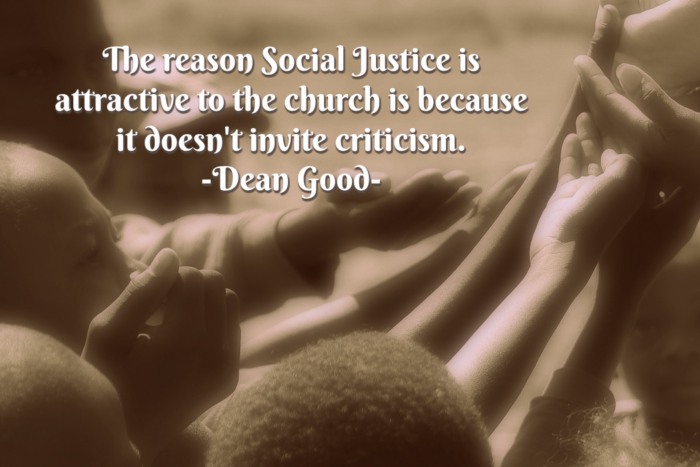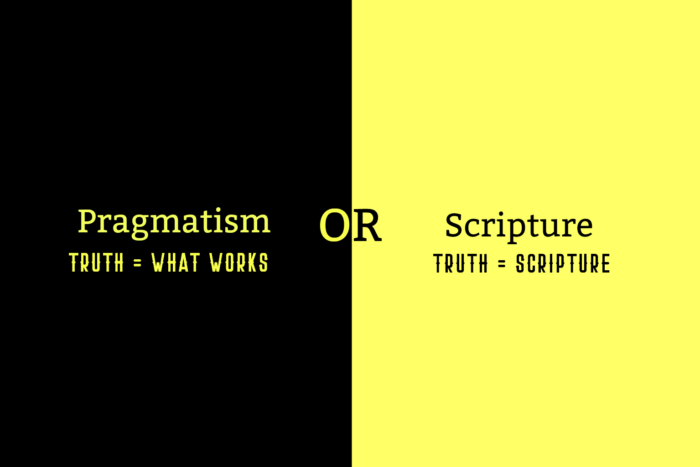When God Opens Our Eyes
A few weeks ago I had the privilege of going to Florida with a couple of my dear friends. It was planned before I knew I was headed back to work and, at first, I stewed a bit. Could I really afford to give up five days to vacation in Florida? And then I realized that God was well aware of what my situation would be and perhaps He thought I needed a bit of down-time before jumping from one busy season to the next. I decided to just enjoy it.
Before I left I realized my favorite shampoo was running low. Thankfully, I thought of it while I was at the grocery store and I hurriedly grabbed a bottle from the shelf while shopping a day or two before. I took it home and squeezed a bunch of it into an emptied travel shampoo bottle to tuck into my carry-on. The bottle still had a little water in it from trying to rinse out the previous shampoo so I wasn’t sure if that would mess up the shampoo or not. I wasn’t too worried.
The first morning, as I began to wash my hair in the shower a bunch of water came out of the bottle. Oops. As I took the rather gloppy shampoo and rubbed it a bit in my hands it didn’t feel quite right. As I rubbed it through my hair it was even more weird. Would a little water make that much difference?? I didn’t think so. But, of course, I was using unfamiliar water, as well. Maybe it was harder…or softer…or just different than what I was used to. My hair was notoriously flat and lifeless that day and every day of that vacation because of this weird shampoo experience.
It wasn’t until the final day that it FINALLY hit me!
Like a lightening bolt, it hit me.
As I rubbed that lifeless, watery formula through my hair for the last day, my eyes were suddenly opened. This wasn’t shampoo at all. It was conditioner.
How could I have been so stupid not to realize it before? I still couldn’t confirm it but the more I thought about it the more certain I was that this must be the problem.
When I got home, I pulled the “shampoo” bottle from the shower. Sure enough. The company that manufactures it uses the exact same bottle for shampoo and for conditioner and I had carelessly pulled one from the shelf, never checking to make sure it was actually shampoo.
Now besides feeling really stupid, I felt…well…enlightened.
I finally had solved the puzzle.
And that was a good thing.
And–you know by now–I can’t let such a good analogy pass me by without talking about it here. Even if it does let the whole world know my rather embarrassing story.
Because I think this happens to us. We are listening to our favorite preachers. Reading the books of our favorite authors. Following our favorite celebrity speakers on social media. Perhaps we are in the habit of doing a favorite activity that we’ve never thought about being wrong before. But then something doesn’t seem right. Red flags are raised but we can’t quite put our finger on it. And then God opens our eyes. Through His Word, through a concerned fellow believer, or any other number of ways and, suddenly, we realize and we connect the dots.
What we do at that point is critical. If I had continued to use that conditioner even though my eyes were opened to the truth of the situation, you would have wondered about my intellectual capacity (you may already be wondering that, anyway, given my admission above!) Of course–like anyone else would–I stopped using conditioner and started using shampoo.
And, yet, do we respond this same way when it comes to spiritual things? Do we stop listening, reading, following the wrong things and very intentionally fill our minds with the right things? Do we stop doing something that we know is wrong even though we love to do it? Do we then replace these things with things that are true, righteous, and good, as we evaluate them according to God’s Word? It’s easy to make excuses. There are plenty of ways to rationalize why we can continue to follow someone or continue on in an activity that we know is unpleasing to the Lord.
Now, of course, I would never rationalize using conditioner for the rest of my life.
But we all know why. Conditioner made my hair lifeless and dull. I never use it. Ever. And so the consequences of using conditioner were not pleasant for me.
So no big deal to switch. My life is much more pleasant using shampoo than using conditioner.
And there is probably the real difference. What some of these false and/or compromising teachers teach makes our lives seemingly more happy. What they bring us is attractive to us, if we are living only in the temporal and not considering the eternal. They offer us popularity; pleasing philosophies; encouraging, uplifting (and extremely self-centered) messages. They allow us to have our cake and eat it, too. No turning from the world, no self-denial, no concern for turning from sin. These things matter not as long as we are happy.
And our entertainment and activities make our lives more fun. We look less weird and we are more popular if we just watch, wear, and do what everyone else does.
It is incredibly hard to turn away from teachers and activities that would seem to make our lives more pleasant and enjoyable. It truly is.
But, of course, the question to ourselves should never be: “Is this too hard for me?”
But should always be: “Is this the right thing for me to do?”
We sometimes get a little mixed up about which question to ask. Especially in this self-obsessed world.
And so I encourage you to follow through. If the Lord has been opening your eyes, submit yourself to the pain, acknowledge the hurt, and then turn away and move on. It will be a very real hurt if you choose to turn away from someone you have trusted to teach you the truth. It will be a real hardship to give up an activity that has bonded you to people you love to be with. Yes, it will be a very painful process. But, in the long run, you will be so thankful you did. Just like pouring alcohol on a wound stings dreadfully when it provides a necessary cleansing, so, too, does ridding ourselves of false teachers and ungodly activities.
But when God opens our eyes, He has given us an amazing opportunity. We need to grab hold of it and take it!









